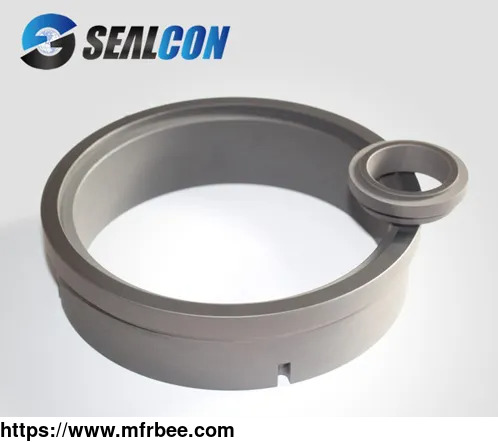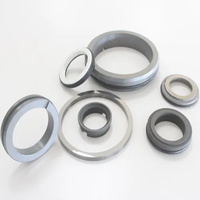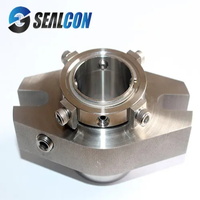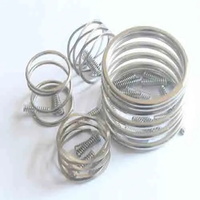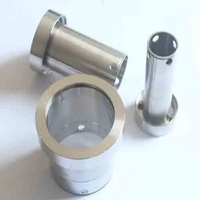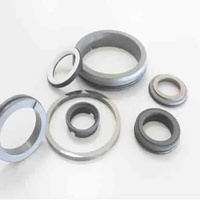Carbon Seal
Quick Detail
- Minimum order:1
Specifications
Carbon mechanical seal has a long history. Graphite is an isoform of element carbon. In 1971, the United States studied the successful flexible graphite sealing material, which solved the leakage
of atomic energy valve. After deep processing, the flexible graphite becomes an excellent sealing material, which are made into various carbon mechanical seals with the effect of sealing
components. These carbon mechanical seals are used in chemical, petroleum, electric power industries such as high temperature fluid seal.
Because the flexible graphite is formed by the expansion of expanded graphite after high temperature, the amount of intercalating agent remaining in the flexible graphite is very small, but not
completely, so the existence and composition of the intercalation agent have a great influence on the quality and performance of the product.
Selection of Carbon Seal Material
The original inventor used concentrated sulfuric acid as oxidant and intercalating agent. However, after being applied to the seal of a metal component, a small amount of sulfur remaining in the
flexible graphite was found to corrode the contact metal after long term use. In view of this point, some domestic scholars have tried to improve it, such as Song Kemin who choosed acetic acid and
organic acid instead of sulfuric acid. acid, slow in nitric acid, and lower the temperature to room temperature, made from a mixture of nitric acid and acetic acid. By using the mixture of nitric
acid and acetic acid as the inserting agent, the sulfur free expanded graphite was prepared with potassium permanganate as oxidant, and acetic acid was slowly added to nitric acid. The temperature
is reduced to room temperature, and the mixture of nitric acid and acetic acid is made. Then the natural flake graphite and potassium permanganate are added to this mixture. Under constant
stirring, the temperature is 30 C. After reaction 40min, the water is washed to neutral and dried at 50~60 C, and the expanded graphite is made after high temperature expansion. This method
achieves no vulcanization under the condition that the product can reach a certain volume of expansion, so as to achieve a relatively stable nature of the sealing material.
Specification of Carbon Ring Seal
Sealcon can produce different carbon shaft seals according to different customers’ requirement.
As a carbon seal ring manufacturer, we will do our best to meet all the needs of customers.
More kinds of hydrocarbon pump mechanical seal, please visit our website.
